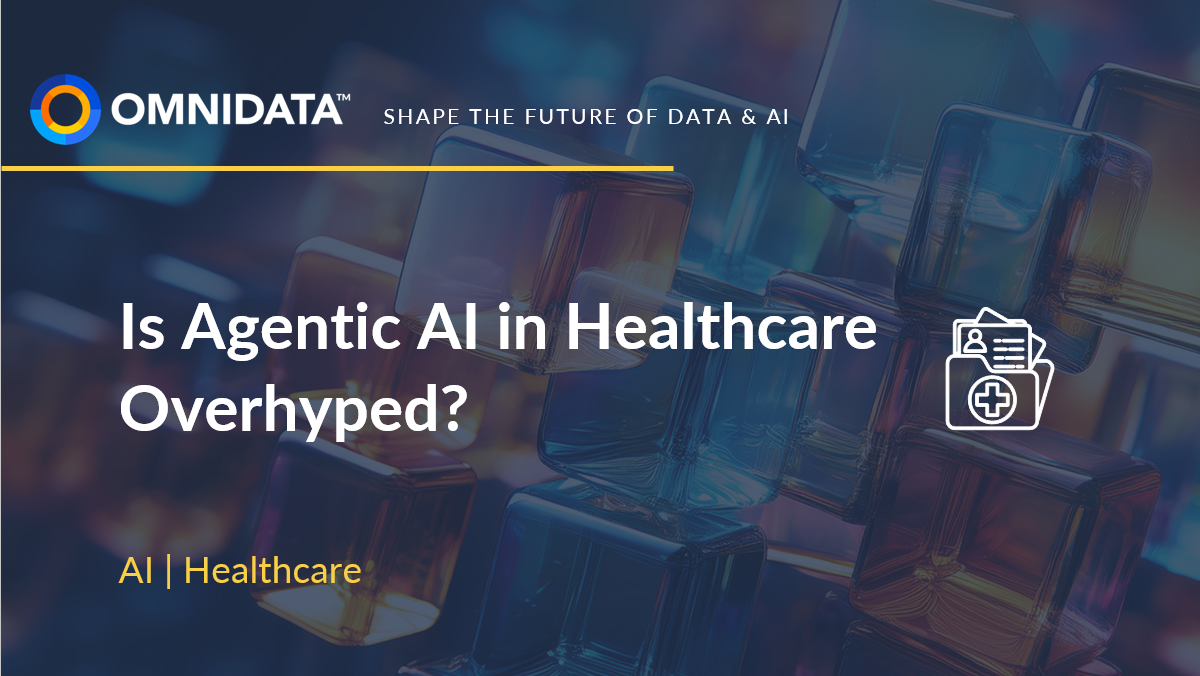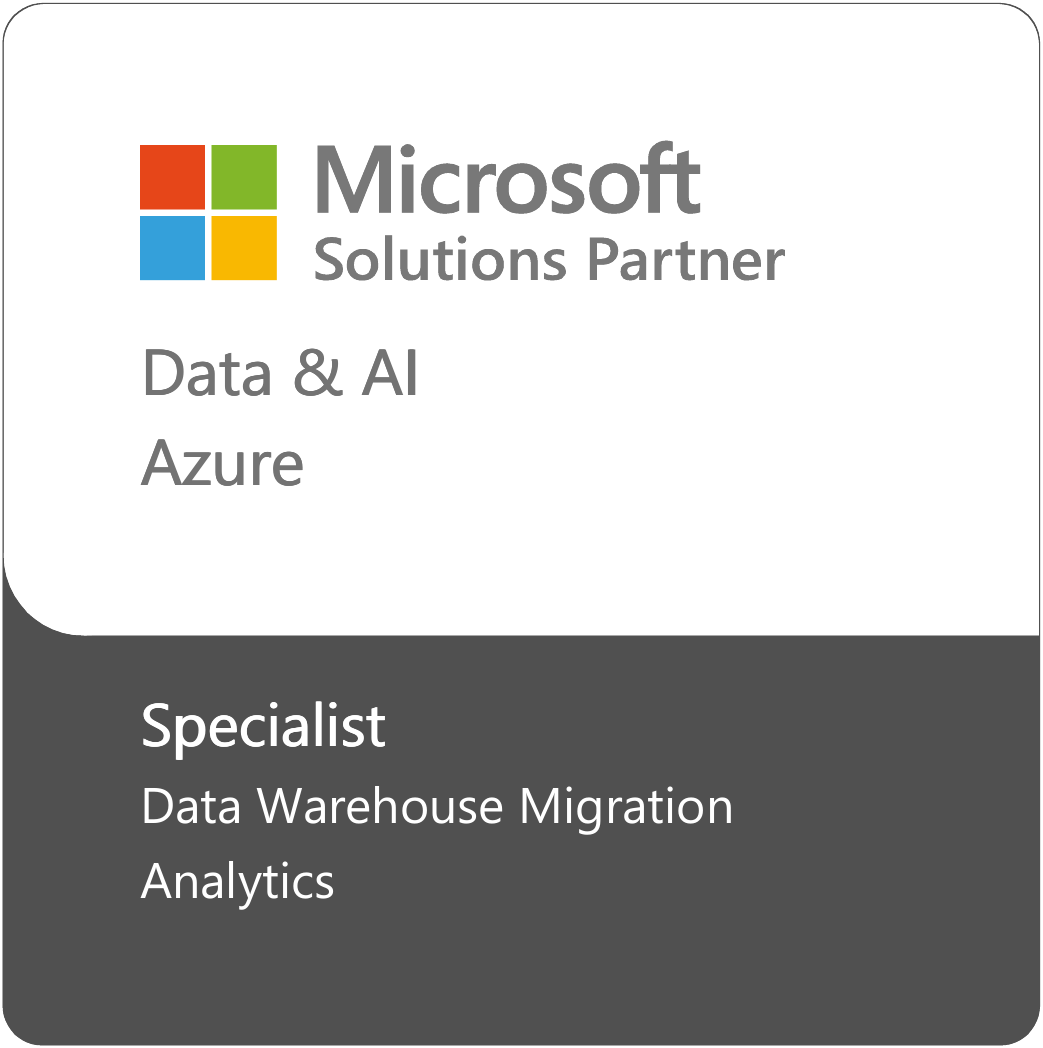Information
Home Explore Artificial Intelligence Azure Customer Stories Data & Analytics Modernization Data Team as a Service Healthcare Industries Managed Services Microsoft Fabric OmniAnalytics™ Partner Solutions Power BI About Events Careers Contact Support Login Blog Training Dashboard In a Day Fabric Analyst In A Day Copilot Studio In A Day TimeXtender / Jet Analytics Basic Training – Europe AI in Action Workshop Analytics in Action Workshop Fabric in Action Workshop Contact Us Home Explore Artificial Intelligence Azure Customer Stories Data & Analytics Modernization Data Team as a Service Healthcare Industries Managed Services Microsoft Fabric OmniAnalytics™ Partner Solutions Power BI About Events Careers Contact Support Login Blog Training Dashboard In a Day Fabric Analyst In A Day Copilot Studio In A Day TimeXtender / Jet Analytics Basic Training – Europe AI in Action Workshop Analytics in Action Workshop Fabric in Action Workshop Contact Us OmniData has been acquired by Fresche Solutions. Learn More. Is Agentic AI in Healthcare Overhyped? Steve Mika Commercial Lead, Data & AI Solutions About OmniData / Fresche Solutions: Quick Links Artificial Intelligence Azure Customer Stories Data & Analytics Modernization Data Team as a Service Fabric Healthcare Industries Managed Services OmniAnalytics™ Partner Solutions Power BI Support Login Request a Demo Privacy Policy CONTACT US Your Modernization Partner for All Things Data Scroll To Top AI in Healthcare has been a roller coaster, with soaring excitement and expectation in 2023, crashing disappointment in 2024, and now, another ascent into the latest hype cycle. Agentic AI. GenAI was all the rage in 2024, but according to Gartner, 30% of GenAI projects will be abandoned after the Proof-of-Concept (POC) phase, this year. Agentic AI feels like course correction, shifting from overambitious promises to focused, value-driven applications. Agentic AI refers to artificial intelligence systems that are designed to perform specific tasks autonomously by making decisions based on reasoning and context. Unlike general-purpose AI, which can handle a diverse range of activities, agentic AI is tailored to handle well-defined, niche tasks effectively. For example, in healthcare, agentic AI can be used to improve diagnostic accuracy or streamline the process of handling medical claims by providing clear and transparent decision-making. Agentic AI focuses on decision-making and performing specific tasks efficiently, whereas Generative AI focuses on creating new content based on existing data. This distinction is crucial in understanding how each type of AI can be applied to different problems and industries. Before exploring the impact of Agentic AI in healthcare, it’s important to understand why many Generative AI (GenAI) proof-of-concepts (POCs) have struggled to deliver real value. One of the biggest challenges is still data quality. AI models, no matter how advanced, are only as effective as the data they rely on. In healthcare, that data is often fragmented, inconsistent, and outdated. Many organizations have underinvested in modern data architecture, making it difficult to use AI effectively in large projects. To unlock AI’s true potential, healthcare providers must prioritize foundational investments in platforms like Microsoft Fabric or Databricks, while also expanding their data engineering capabilities to better structure and manage large datasets. Without a strong data backbone, even the most promising AI initiatives are doomed to fail. Agentic AI offers an opportunity to rebrand and refocus those AI efforts and projects on more narrowly defined use cases. Agents trained for specific tasks that deliver well-defined value. Much of the hype around Agentic AI comes from workflow automation companies rebranding their existing tools as AI solutions, often referred to as “AI wrappers.” These offerings automate tasks without true reasoning or adaptability, blurring the line between scripted automation and real intelligence. The true value of Agentic AI is in its Reasoning Layer, which enables AI agents to make context-aware decisions rather than just executing predefined workflows. Unlike basic automation, these agents analyze complex situations, adapt in real time, and provide intelligent recommendations. In healthcare, this means improving processes like claims processing and clinical decision support by considering patient history, cross-referencing data, and suggesting alternative solutions. By integrating reasoning and contextual awareness, Agentic AI has the potential to streamline operations, reduce administrative burden, and enhance patient care. While there are many promising applications of Agentic AI in healthcare, it’s important to acknowledge how AI has already been misapplied in ways that negatively affect patients. One of the most unfortunate uses has been the automation of claims review and denial. Many payers and providers have implemented AI-driven automation to accelerate claims processing, but in practice, this often results in rigid, black box decision-making that prioritizes cost reduction over patient care. AI models trained primarily on historical claims data tend to reinforce existing patterns, which means they often deny coverage for necessary treatments without proper context. In some cases, AI-driven denials have led to patients being refused life-saving procedures or essential medications, forcing providers and patients into lengthy appeal processes. The next evolution of AI in healthcare must shift from automated rejection to intelligent advocacy. Instead of simply approving or denying claims based on historical data, Agentic AI can introduce a reasoning-based approach that considers medical necessity, past case history, and evolving treatment guidelines. AI agents can also assist patients and providers in navigating insurance disputes, offering explanations for denials and even suggesting alternative billing codes or justification strategies to improve approval rates. By moving beyond automation and integrating context-aware decision-making, healthcare organizations can create AI solutions that enhance transparency, reduce administrative waste, and ensure that AI serves the best interests of both providers and patients. Effective implementation of Agentic AI should address the elephant in the room: administrative burden. Administrative spending accounts for 15-30% of all healthcare costs, making it one of the biggest inefficiency drivers in the system. This translates to hundreds of billions of dollars annually, much of which is spent on repetitive tasks like prior authorizations, claims processing, and provider-payer communication. Given the rising costs and limited value add from this administrative burden, this is the primary focus area for driving innovation with AI Agents. By leveraging Agentic AI, healthcare organizations can automate these high-friction workflows while maintaining transparency and compliance. AI-powered agents can handle billing disputes, streamline scheduling, manage patient intake, and optimize revenue cycle operations, significantly reducing manual effort and operational costs. Claims processing serves as a fantastic example. An AI Agent can proactively flag missing information, suggest corrections, and communicate with payers to resolve disputes before a claim is denied. Similarly, AI-powered scribe assistants can reduce physician burnout by handling documentation in real time, allowing doctors to focus on patient care instead of paperwork. The real opportunity lies in rethinking how administrative AI is applied. Not just to cut costs, but to improve efficiency in ways that enhance both patient and provider experiences. I’m particularly interested in patient-focused AI Agents that assist consumers with priorities like insurance selection and billing disputes. Personalized AI-driven assistants can help patients make informed decisions and understand the complexities of billing disputes. Agentic AI provides a generational opportunity to cut costs for payers and providers, but more importantly, shifts the focus back to patient-first, affordable healthcare. Beyond automated claims processing, Agentic AI can revolutionize healthcare by providing personalized patient care through virtual health coaches for chronic disease management, post-surgery recovery assistance, and mental health companions. AI agents can also support real-time diagnostics by quickly analyzing medical images and assist in patient triage, prioritizing care in emergency rooms or virtual appointments. These applications enhance patient outcomes, improve efficiency, and ensure timely, accurate medical interventions. What does successful development of Agentic AI in healthcare require? It’s more than just selecting a great use case. It demands a structural approach to data quality, infrastructure, and deployment. While each AI Agent needs to be developed with a specific task or focus area, effectiveness hinges on three key components: To effectively deploy Agentic AI, using platforms like Azure, Fabric, or Copilot Studio can make this process more seamless. Here’s a simple breakdown: AI is only as good as the data it is trained on. Healthcare organizations must first ensure their data is clean, structured, and accessible before deploying AI-driven solutions. This means: There will be plenty of SaaS solutions offering plug-and-play AI with slick demos. The reality is that AI adoption must start from the ground up, with a focus on data integrity. Without this foundation, even the most advanced AI agents will not deliver meaningful results. Avoid band-aid, quick-fix solutions, and focus on long-term results. Refocusing on data will drive successful AI development and unlock more advanced analytical capabilities. This enables organizations to address current challenges and future predictive insights with greater accuracy and efficiency. Once the data foundation is in place, choose the right platform to develop, deploy, and manage AI agents. Key technologies include: Choosing the right AI infrastructure ensures scalability, efficiency, and long-term success. AI agents shouldn’t just be one-off tools, they should be continuously fine-tuned to evolve alongside organizational needs and industry advancements. Once you’ve invested in data cleanliness and selected a modern data platform, the next step is developing AI agents. Organizations must decide whether to build AI solutions in-house or partner with an external provider. Each approach has its advantages, depending on resources, ability, and long-term AI strategy. In-House AI Development Developing AI agents internally offers greater control, customization, and security. But it requires a dedicated team with expertise in AI, data engineering, and healthcare workflows. Key steps include: Partnering with AI Experts For organizations lacking the internal resources, partnering with an experienced AI provider can accelerate deployment and reduce risks. Benefits include: Whether developing AI in-house or leveraging a partner, success depends on a clear strategy, strong data governance, and continuous refinement. AI agents should not be static tools but evolving solutions that improve efficiency, decision-making, and patient outcomes over time. Consider our AI in Action workshop if you’re unsure where to start. This workshop will help identify a specific use case, create a roadmap, and ensure you choose the right technology. This is your chance to experience the value we bring to the table with essentially free AI consulting. There’s no other offer like this from any other partner in the Microsoft ecosystem. Let us prove to you that we are the right partner for your AI journey. Sign up now and take the first step towards transforming your business with AI. Selecting the right technology partner can be daunting, but with the right expertise and tools, it becomes an opportunity to transform your business. As Commercial Lead for Data & AI Solutions at OmniData, Steve specializes in bridging the gap between technical capabilities and commercial needs, ensuring clients not only understand but fully leverage the power of advanced data solutions like Microsoft Fabric, Power Platform, and AI/ML. OmniData (now Fresche Solutions) is a leading consulting firm specializing in data and analytics modernization and AI solutions. We provide actionable insights and scalable solutions powered by AI, seamlessly integrating with existing systems to maximize efficiency. Our team of veteran specialists excels in solution architecture, data engineering, and business intelligence. We thrive on partnering with companies across various industries and global markets, helping them quickly conceptualize and address complex business data challenges. © 2025 OmniData™. All Rights Reserved. It looks like Javascript isn’t enabled in your browser. Please enable it in order to fill out this form. It looks like Javascript isn’t enabled in your browser. Please enable it in order to fill out this form. It looks like Javascript isn’t enabled in your browser. Please enable it in order to fill out this form. It looks like Javascript isn’t enabled in your browser. Please enable it in order to fill out this form. It looks like Javascript isn’t enabled in your browser. Please enable it in order to fill out this form. It looks like Javascript isn’t enabled in your browser. Please enable it in order to fill out this form. It looks like Javascript isn’t enabled in your browser. Please enable it in order to fill out this form. It looks like Javascript isn’t enabled in your browser. Please enable it in order to fill out this form.




